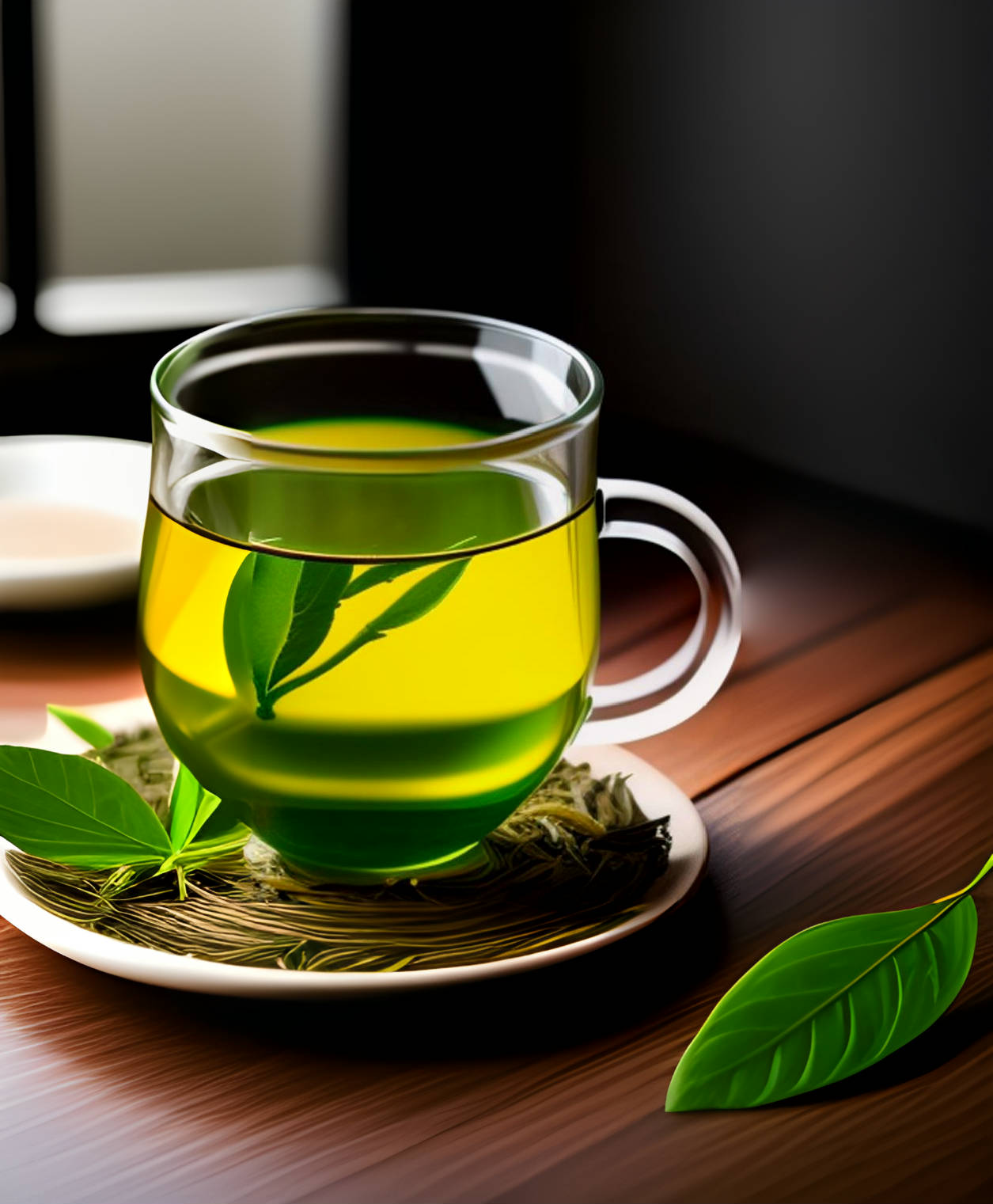Brewing a Brighter Future: Can Green Tea Be Your Anti-Aging Secret Weapon?
In the quest for a youthful and energetic life, many turn to holistic approaches. From elaborate skincare routines to trendy diets, the search for a fountain of youth is constant. But amidst this flurry, green tea, a traditional beverage steeped in history, has emerged as a compelling contender. Renowned for its health benefits, green tea is gaining particular attention for its anti-aging properties. Let’s delve into the science behind this intriguing claim to see if green tea can truly slow down the hands of time.
Understanding the Science of Aging
Aging is a complex interplay of cellular wear and tear, genetics, and environmental factors. Key contributors include inflammation, oxidative stress, and cellular damage. These factors not only make us look older but also increase our vulnerability to age-related diseases. Understanding these elements is crucial for a holistic approach to aging and promoting overall well-being.

Enter Green Tea: A Treasure Trove of Antioxidants
Green tea boasts a wealth of potent antioxidants, particularly polyphenols like epigallocatechin gallate (EGCG). These antioxidants act as cellular guardians, fighting free radicals that contribute to oxidative stress and inflammation. Intriguingly, research suggests that EGCG may influence genes and proteins linked to longevity. This implies that regularly incorporating green tea into your diet could potentially slow down the aging process, making it a delicious ally in your quest for a healthier life.
The Brewing Benefits of Green Tea
Cellular Guardians: Green tea’s abundant antioxidants, especially EGCG, shield cells from free radical damage, minimizing oxidative stress. Recent studies (2023) suggest a connection between green tea consumption and longer telomeres, which are markers of cellular aging, hinting at its potential to delay cellular senescence.
Cognitive Champions: Green tea’s benefits extend to brainpower. A notable 2021 study showcased its neuroprotective potential, demonstrating improved memory and learning in animal models. This not only highlights its support for cognitive health but also opens doors for research on age-related cognitive decline.
Beyond the Brain: Green tea’s anti-inflammatory properties may also play a role in managing age-related diseases. A comprehensive 2020 meta-analysis suggests it may help reduce the risk of cardiovascular diseases, highlighting its broader impact on overall cardiovascular health.
Green Tea: A Conduit to Well-being
Green tea transcends being just a beverage. It’s a pathway to cellular resilience, cognitive vitality, and systemic well-being. As we explore its complexities, green tea serves as a testament to the power of nature in our pursuit of a healthier life.
Finding Balance: Green Tea as Part of a Holistic Approach
While green tea holds promise, it’s not a magic bullet. Optimal aging requires a balanced lifestyle. Incorporating healthy habits alongside green tea consumption is key. Experts recommend a moderate intake of 2-3 cups daily to maximize its potential benefits. This ensures green tea becomes a complementary element within a broader framework of health-conscious choices, contributing to a holistic strategy for graceful aging.
The Verdict: Green Tea – A Valuable Ally in Aging Well
Emerging evidence positions green tea as a valuable ally in the fight against aging. Studies suggest its potential to protect cells and enhance cognitive function. However, it’s crucial to remember that green tea is not a standalone solution. The optimal recipe for vibrant aging involves a holistic approach that integrates regular green tea consumption into a healthy lifestyle.
References:
Disclaimer:
- This article serves as informational content and should not be construed as medical advice. It is advisable to consult with a qualified healthcare professional before making substantial changes to your diet or lifestyle. Individual health conditions and requirements vary, and professional guidance ensures personalized recommendations based on specific needs and circumstances.




